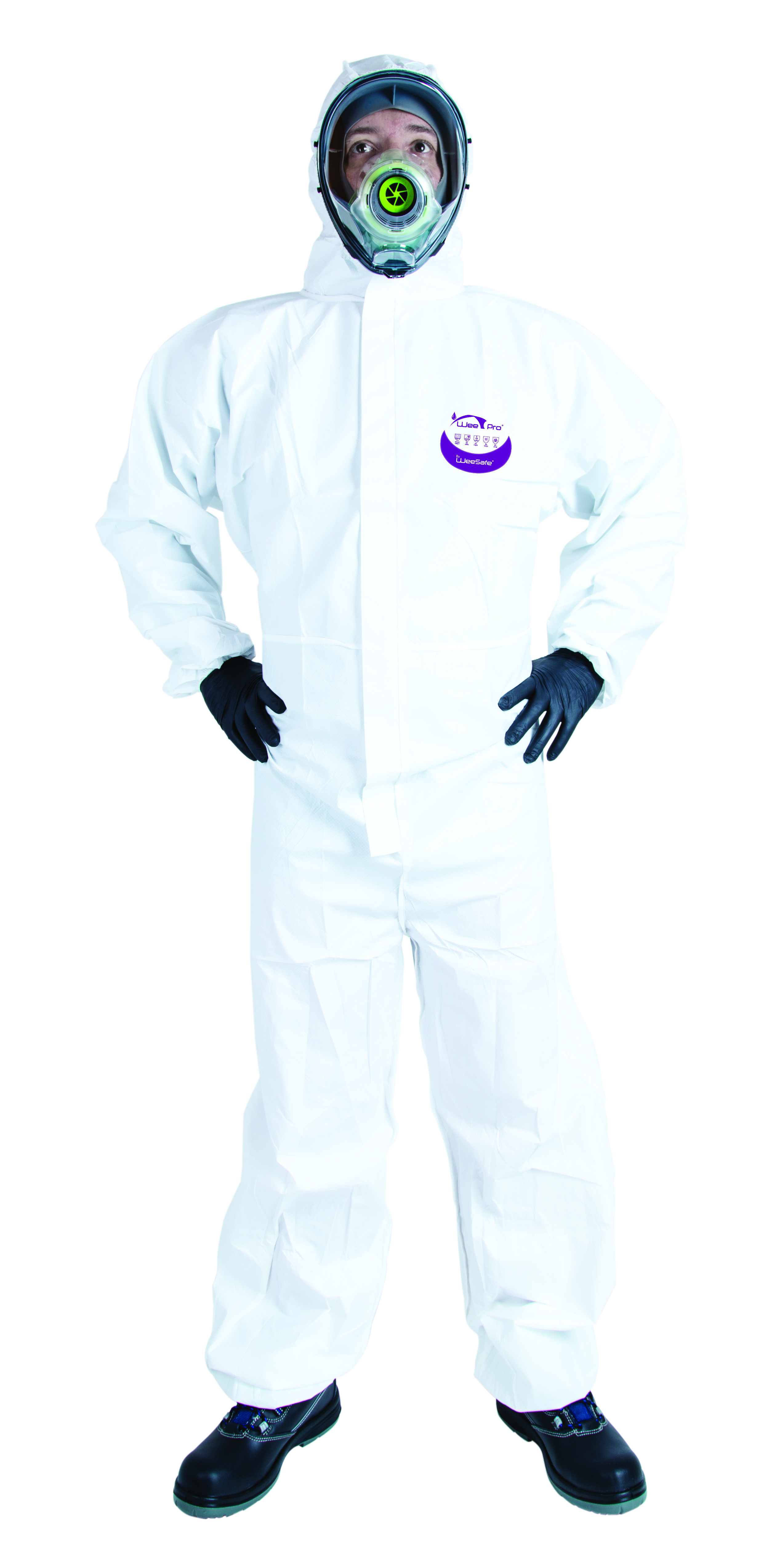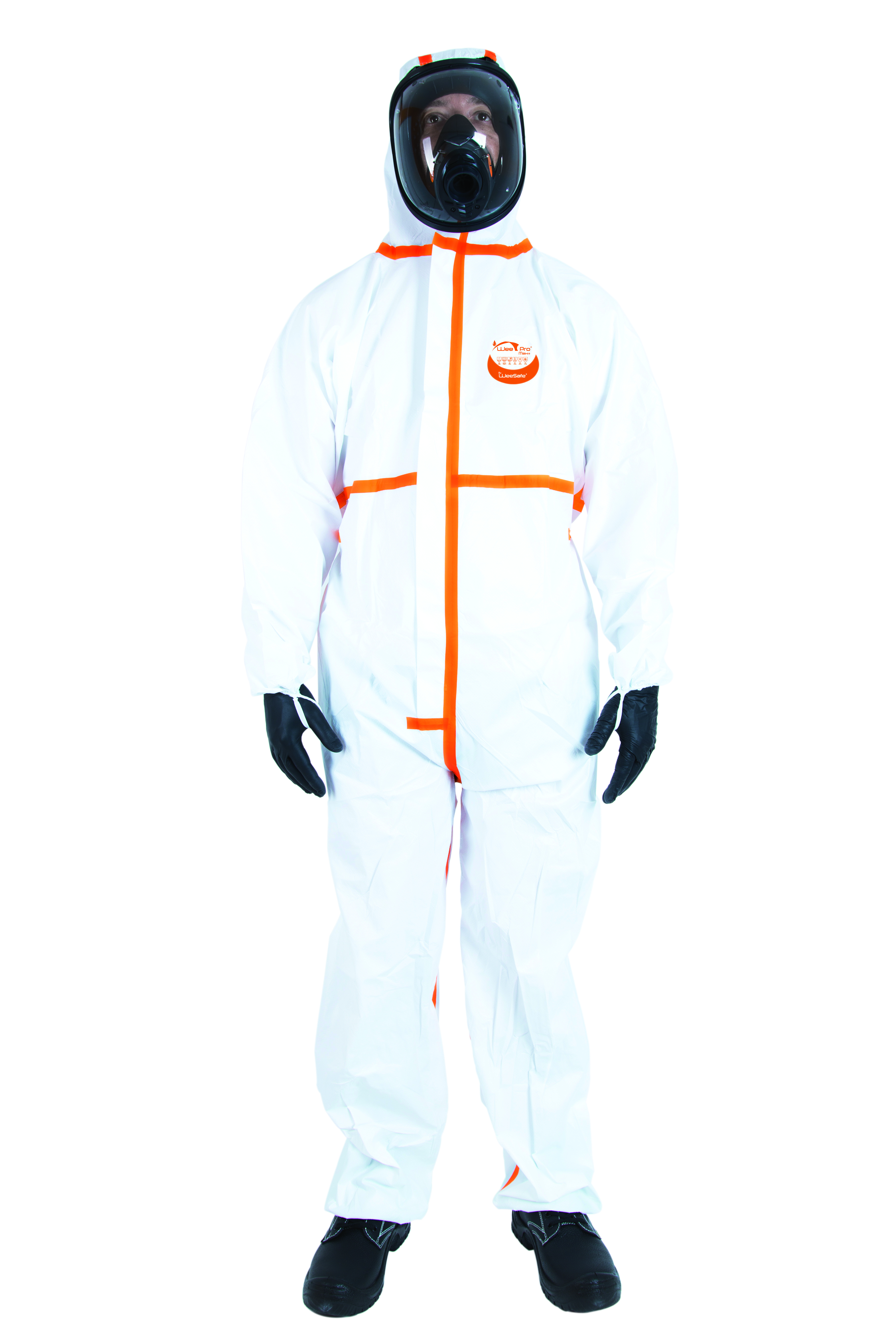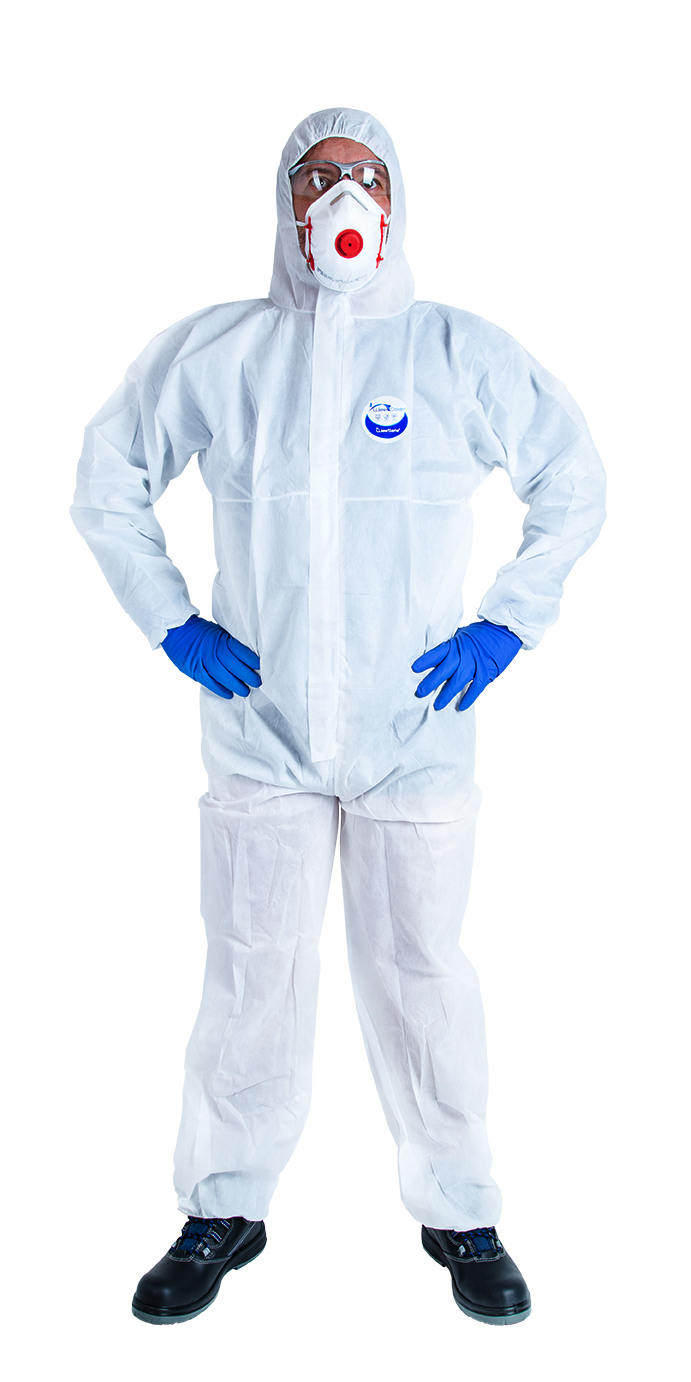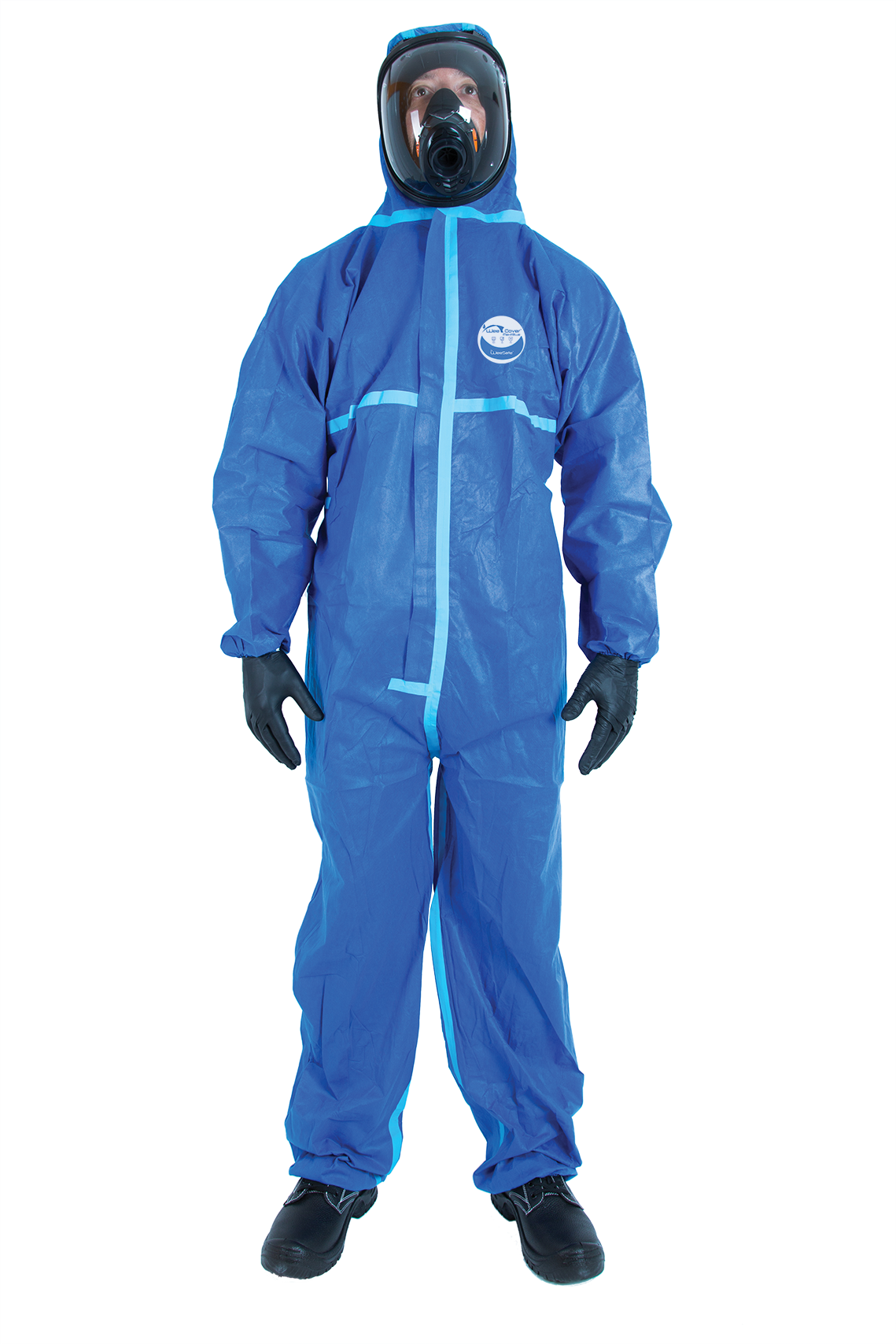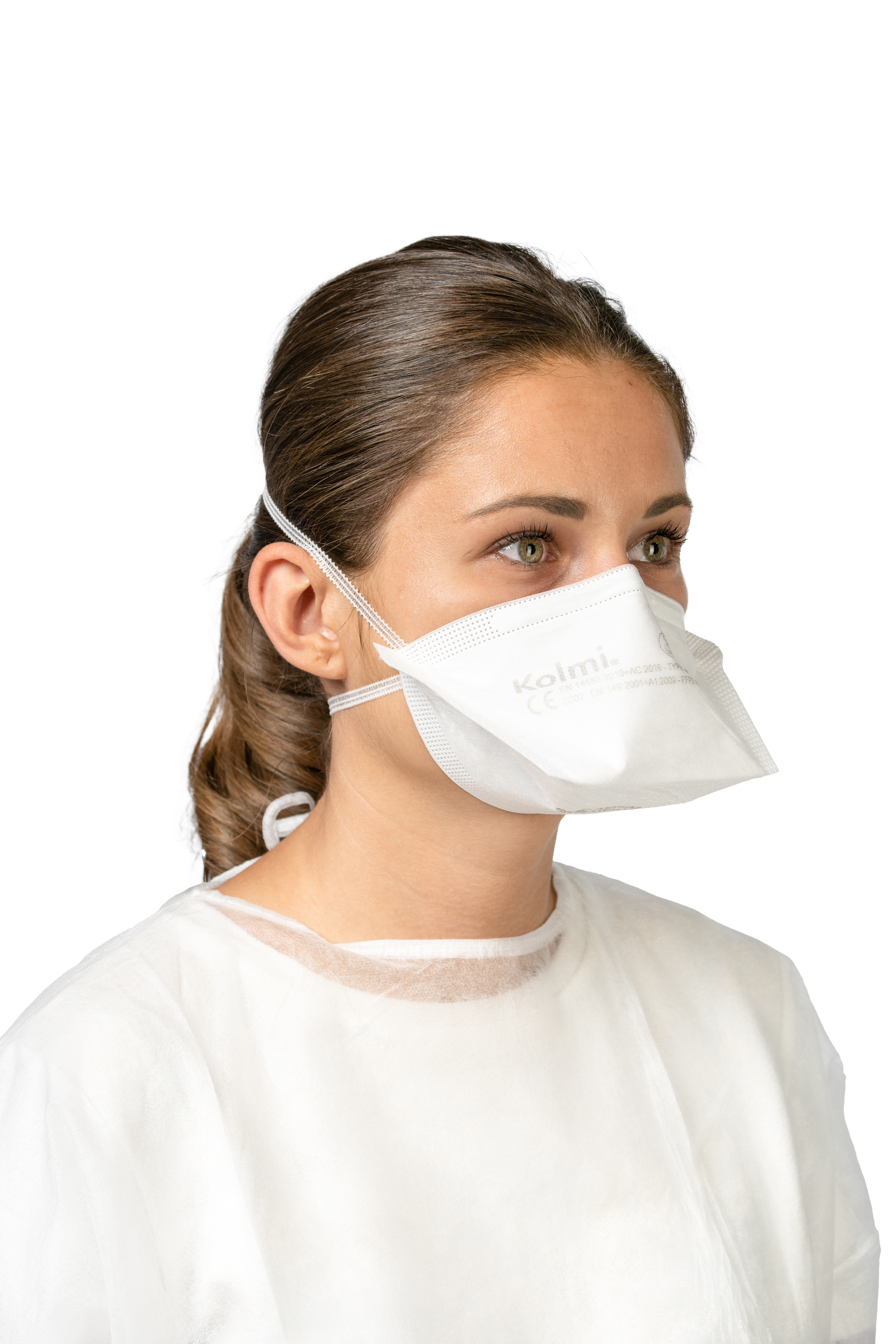PPE for the woodworking industry: treatment & machining
Wood treatment work requires appropriate personal protective equipment (PPE) to ensure the safety of workers.
They may come into contact with hazardous chemicals contained in wood treatment solutions, strippers, binders, glues, varnishes or paints. Our coveralls protect against splashes in the form of dangerous dusts or impregnation liquids.
Which jobs require PPE in the wood industry?
The wood industry encompasses a wide range of activities, from machining to wood processing and treatment. This includes occupations such as sawyers, joiners, cabinet-makers, as well as workers in furniture manufacturing workshops. These professionals handle raw and processed wood on a daily basis, using tools and machines that generate significant risks.
There are many hazards in this industry, particularly those associated with wood dust aerosols, which can cause respiratory irritation and chronic lung disease. In addition, sprays of toxic chemicals used to treat and finish wood expose workers to the risk of chemical poisoning and burns.
When applying wood treatment chemicals, wearing personal protective equipment (PPE) is therefore essential to guarantee the health and safety of wood industry professionals, minimising the risk of accidents and occupational illnesses.
Machining
Woodworking, including sawing, sanding and milling, generates fine dust which, when inhaled, can cause respiratory irritation, allergies, chronic lung disease (asthma) and nasal-sinus cancer.
The use of appropriate protective clothing is therefore essential to prevent cuts and other accidents. Safety equipment such as helmets and gloves that meet current standards are also recommended.
Application of chemicals and wood treatments
The application of chemicals and the treatment of wood, such as varnishing, painting and impregnation, expose workers to toxic fumes and dangerous skin contact. Inhaling chemicals such as glues and varnishes can cause respiratory irritation, headaches, nausea and, in the long term, chronic illness and cancer. Masks are therefore essential for protection against chemical dusts and vapours. Skin contact with chemicals can cause irritation and burns.
PPE for the wood industry
Protective coveralls are essential to ensure maximum prevention against the risks associated with woodworking.
The priority is to protect the skin, respiratory tract and eyes. To do this, workers need to use the right PPE: a respiratory mask to filter out wood particles, gloves to prevent skin contact, goggles to protect against splashes and coveralls to prevent direct contact with chemicals. Our coveralls are designed to guarantee the health and safety of woodworking professionals.
Coveralls
Respratory protection masks


